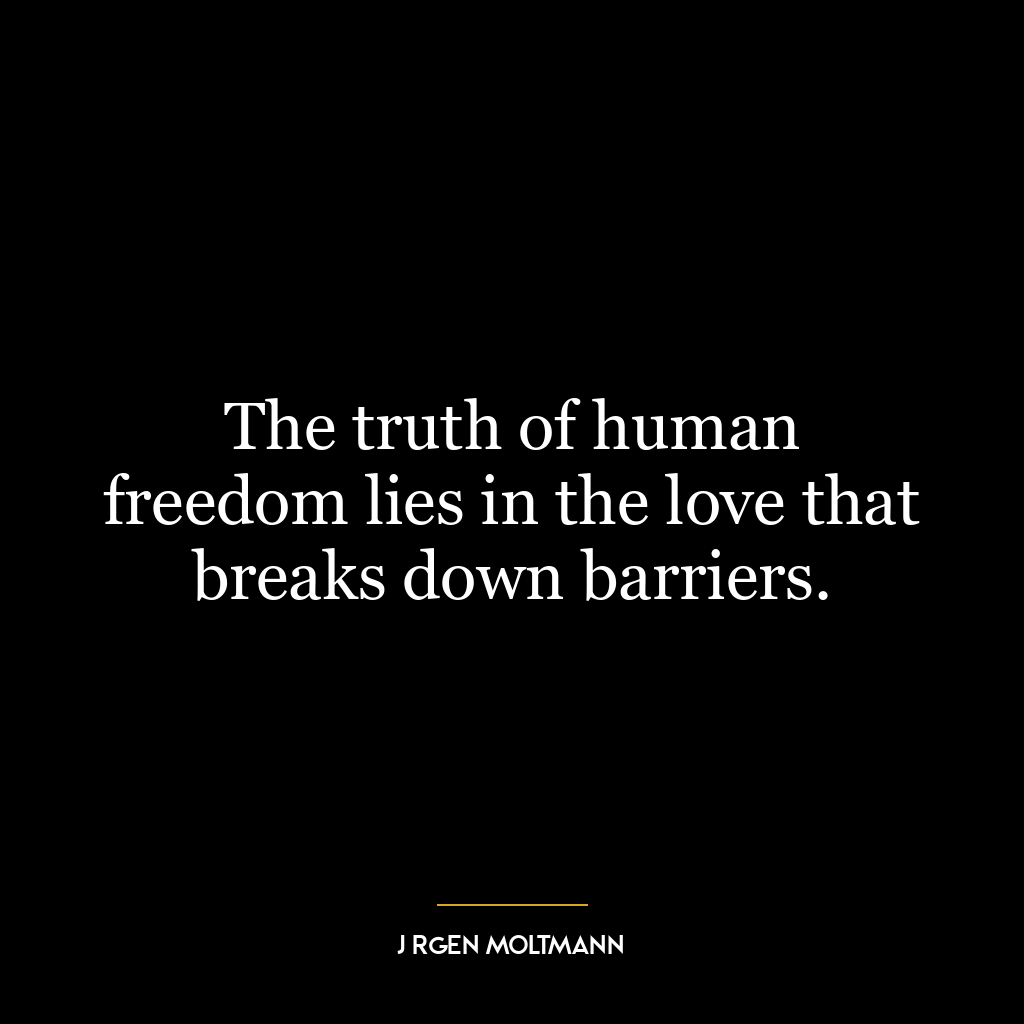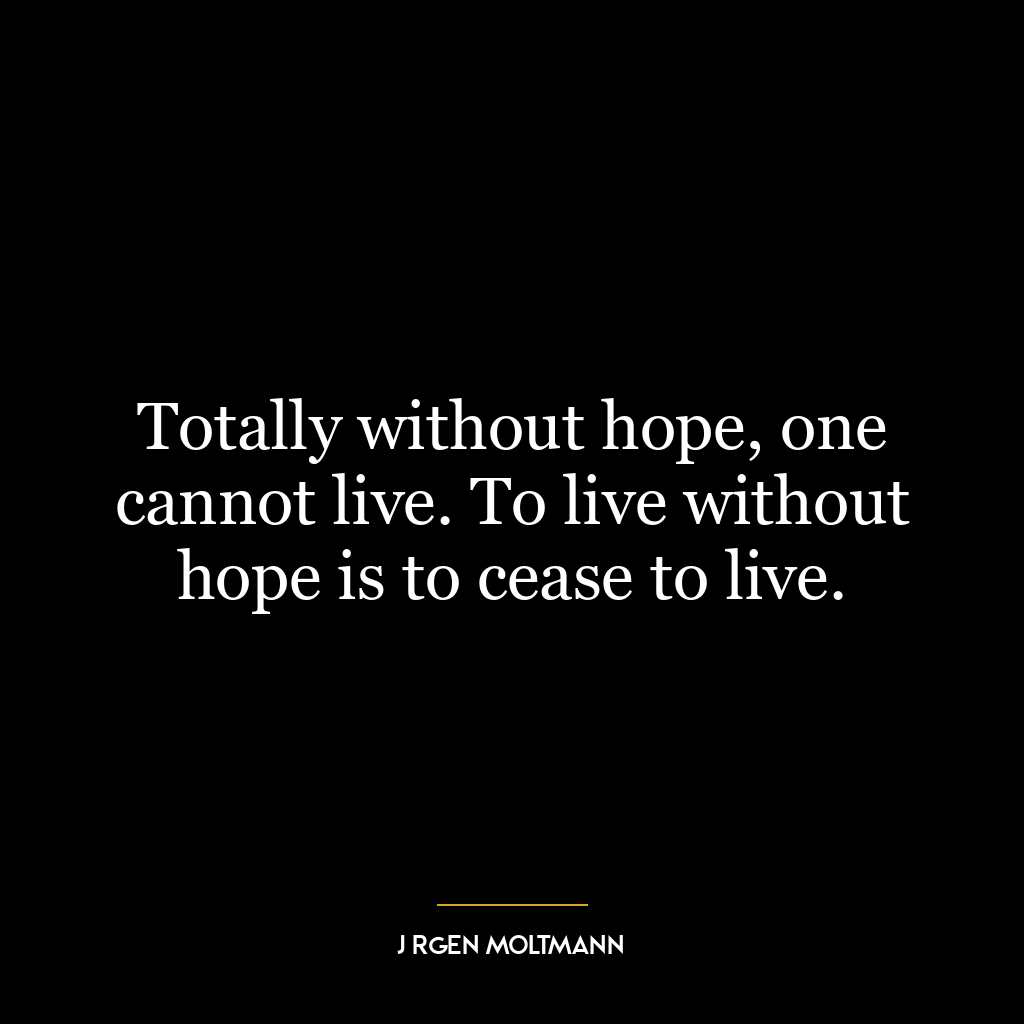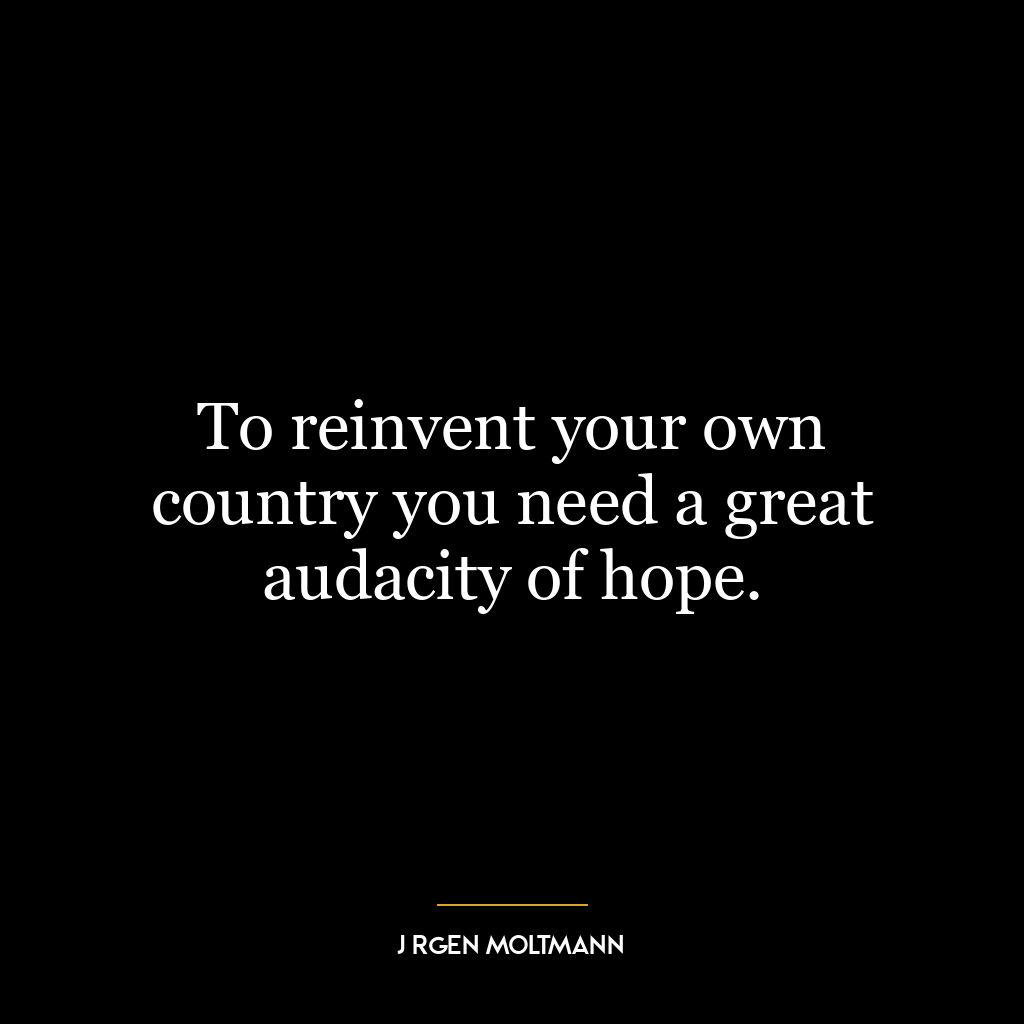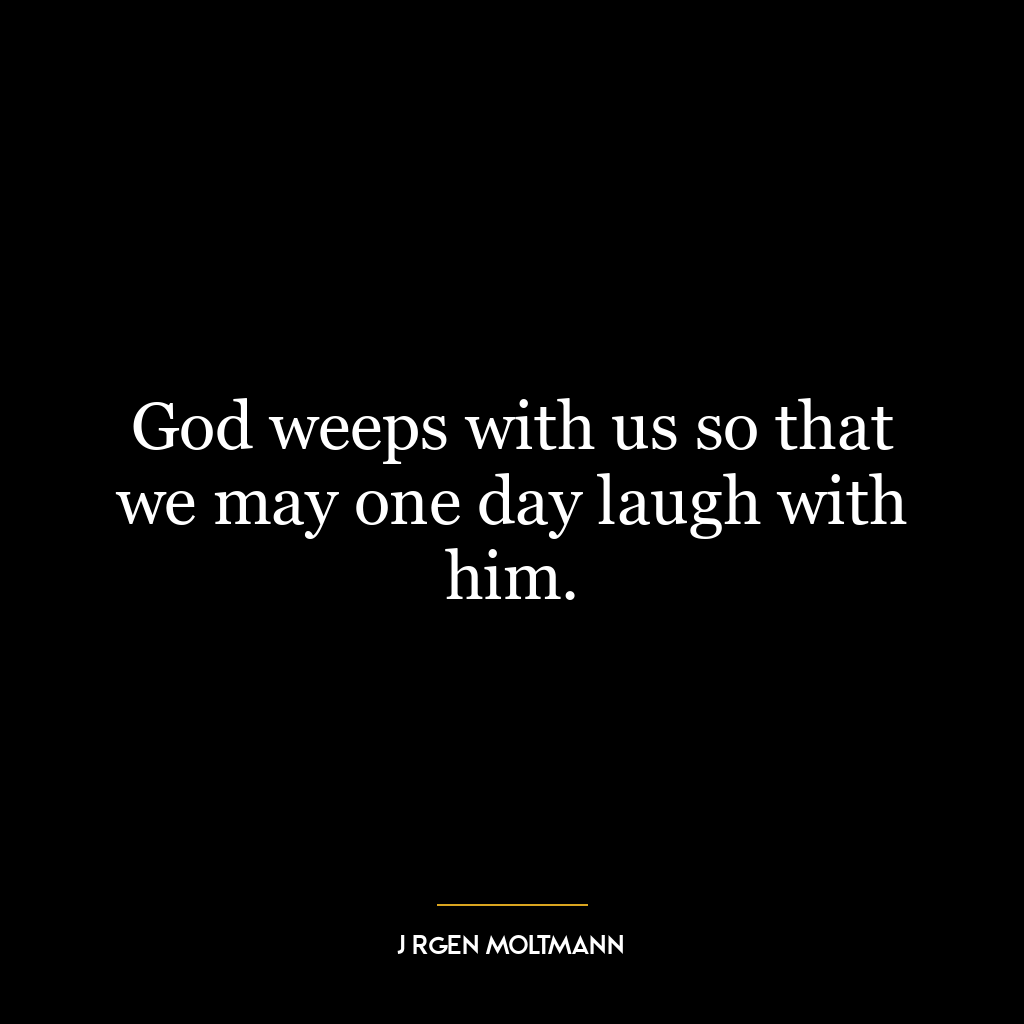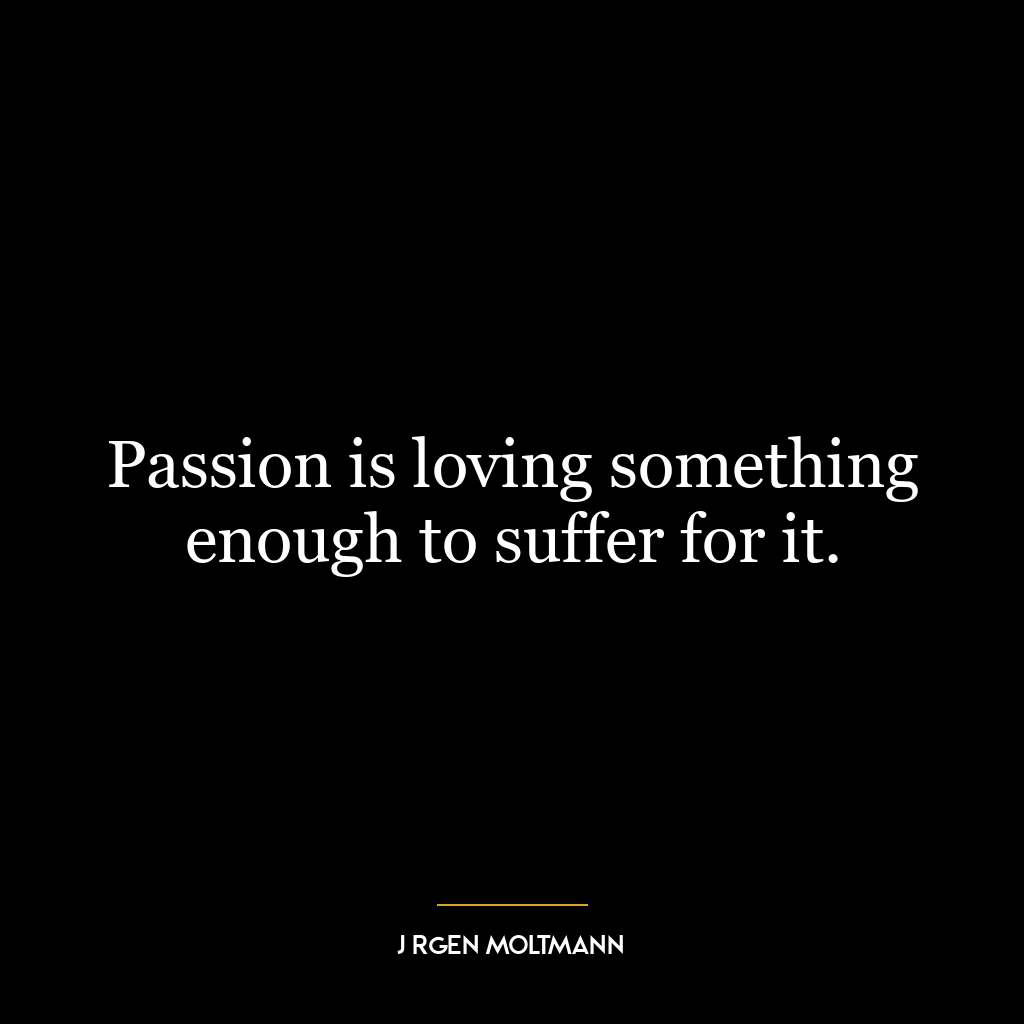Jürgen Moltmann Quotes
- Theology
- Germany
- 1926
Jürgen Moltmann is a German Reformed theologian and one of the most influential theologians of the 20th century. He is best known for his works on Christian eschatology, particularly Theology of Hope (1964) and The Crucified God (1972). He is also known for his contributions to the field of politica…Read More
Jürgen Moltmann is a German Reformed theologian and one of the most influential theologians of the 20th century. He is best known for his works on Christian eschatology, particularly Theology of Hope (1964) and The Crucified God (1972). He is also known for his contributions to the field of political theology, particularly in his book Theology of Liberation (1975). Moltmann’s work has been influential in the development of liberation theology, and he has been a major influence on the development of theologies of hope, peace, and justice.Read Less
Jürgen Moltmann is a German Reformed theologian and one of the most influential theologians of the 20th century. He is best known for his works on Christian eschatology, particularly Theology of Hope (1964) and The Crucified God (1972). He is also known for his contributions to the field of political theology, particularly in his book Theology of Liberation (1975). Moltmann’s work has been influential in the development of liberation theology, and he has been a major influence on the development of theologies of hope, peace, and justice.
7 Best Jürgen Moltmann Quotes
Jürgen Moltmann Career Highlights
- Moltmann was born on April 8, 1926, in Hamburg, Germany. He grew up in a non-religious family but was deeply affected by the events of World War II, including his own experience as a prisoner of war.
- After the war, Moltmann studied theology at the University of Göttingen and later at the University of Hamburg. He also spent time studying at the University of Edinburgh and the University of Bonn.
- In 1952, Moltmann became a pastor in the Evangelical Church of Bremen. He also served as a pastor in the German-speaking congregation in London from 1958 to 1963.
- In 1963, Moltmann was appointed as a professor of systematic theology at the University of Tübingen, where he taught until his retirement in 1994.
- Moltmann has received numerous honorary doctorates and awards for his contributions to theology, including the prestigious Karl Barth Prize in 2005.
Key Contributions by Jürgen Moltmann
- Moltmann’s most famous work is his book “Theology of Hope” (1964), in which he argues that Christian hope is not just a personal belief, but a social and political force that can bring about transformation and liberation.
- He is also known for his book “The Crucified God” (1972), in which he explores the concept of God’s suffering and its implications for Christian theology.
- Moltmann’s work on political theology, particularly in his book “The Church in the Power of the Spirit” (1975), has been influential in shaping the understanding of the role of the church in society.
- He has also made significant contributions to the field of eschatology, or the study of the end times, in his books “The Coming of God” (1996) and “Theology of the Last Things” (2015).
What Sets Jürgen Moltmann Apart
- Moltmann’s theology is deeply rooted in his personal experiences, particularly his time as a prisoner of war and his reflections on the suffering and hope of humanity.
- He is known for his interdisciplinary approach, drawing from philosophy, sociology, and literature in addition to theology.
- Moltmann’s theology is also characterized by his commitment to social justice and his belief that theology should be relevant to the struggles and challenges of the world.
Takeaways
- Jürgen Moltmann’s work has had a significant impact on the development of modern theology, particularly in the areas of liberation theology, political theology, and eschatology.
- His emphasis on hope and the role of the church in bringing about social and political change continues to be relevant and influential in today’s world.
- Moltmann’s interdisciplinary approach and personal experiences make his theology both unique and relatable to a wide range of audiences.

